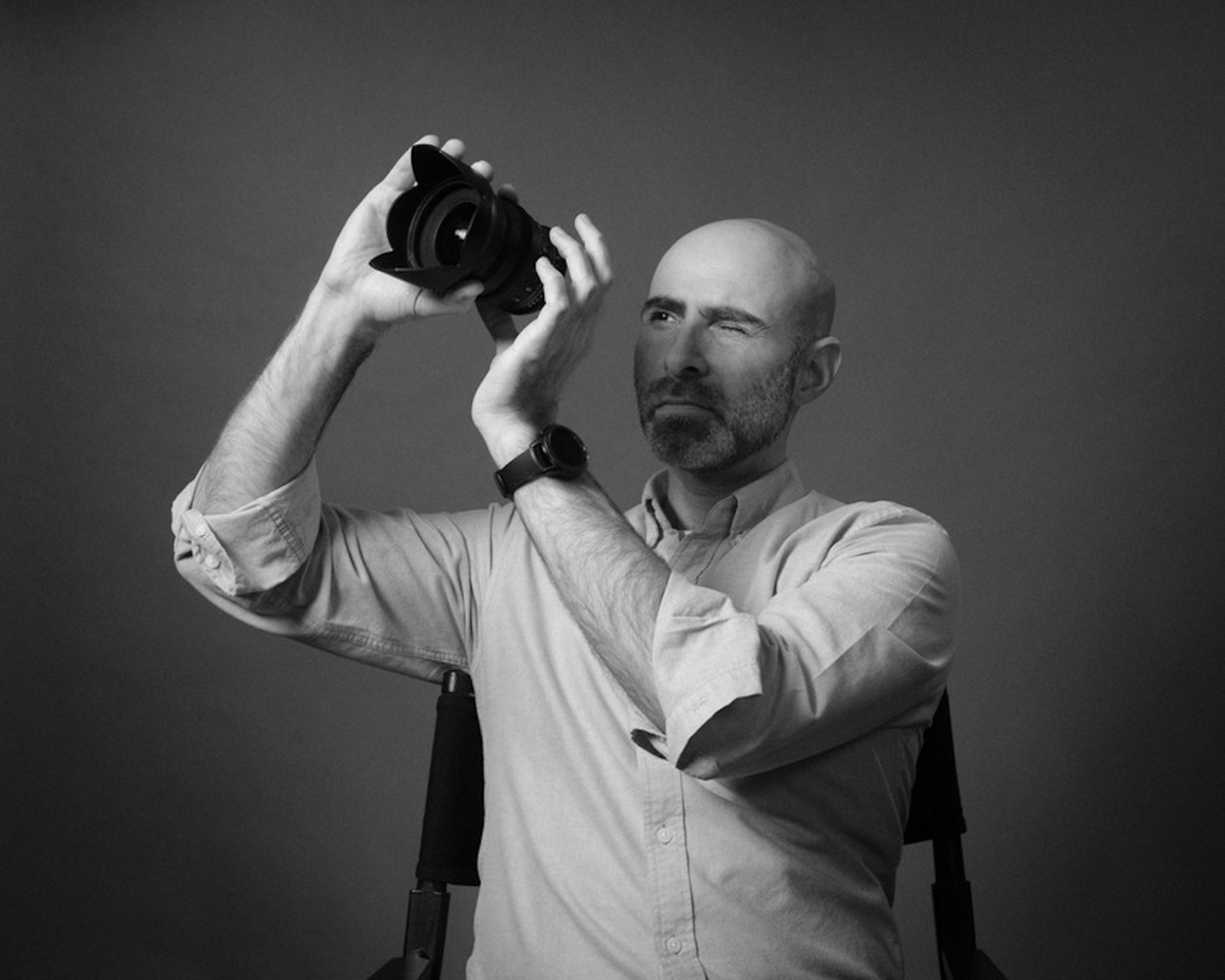We’re excited to introduce you to the always interesting and insightful Saro Varjabedian. We hope you’ll enjoy our conversation with Saro below.
Saro, thanks for joining us, excited to have you contributing your stories and insights. Can you talk to us about a project that’s meant a lot to you?
Selecting the most meaningful projects is a challenging question because, for the most part, when I engage with a project, it tends to be meaningful to me at the time. However, over the last few years, the projects I have been developing have become increasingly important to me as I engage with the work in a different way than I have in the past. In the past, I took on projects primarily because they excited me creatively. Today, I am choosing to engage in projects that engages audiences in a way that gets them to think critically about morality, ethics, humanity and sociopolitical aspects. In today’s divisive climate, I feel that our country is sliding toward a trajectory of less freedom and justice for all of this country’s citizens. As an American born citizen who loves his country and fellow neighbors I can no longer focus solely on my passions and interests. I feel it is incumbent on me to do what I can beyond just voting to educate audiences and perhaps help society move back toward logic and reason.
With all that in mind, I have recently stepped out on a limb and have done something very much out of my comfort zone. I have written a book titled “Tim and Robot: A Spiritual Agnostic’s Guidance To A Newly Formed Consciousness.” I have never written a book before. I’m a filmmaker. This is all new and scary for me, which is exactly why, as an artist, I feel like I needed to do it.
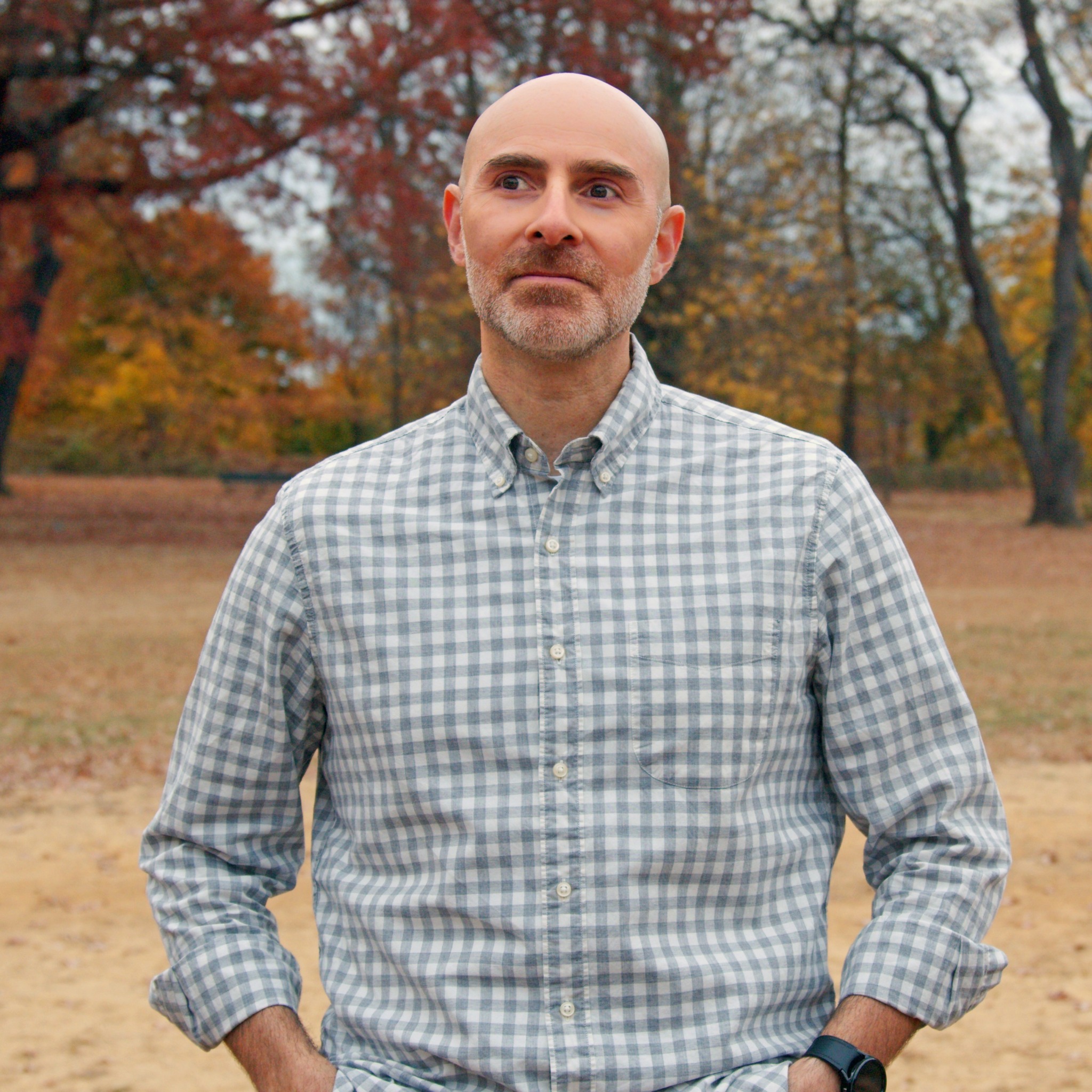

Awesome – so before we get into the rest of our questions, can you briefly introduce yourself to our readers.
So I am typically known for my cinematography work. I love cinematography; the interplay between tools and art feels natural for me. I always intend to be a cinematographer. The work I’m most proud of was a feature film titled “The Traveller,” which was nominated for best Cinematography at the 2018 Lebanese Movie Awards.
But I also love other aspects of filmmaking, which is why I have been actively exploring other aspects of the craft. I directed my first feature, entitled “Respite” in 2020. For a budget of $50k, I’m proud of the work we all did (I refer to the very dedicated cast and crew) on that little picture. I’ve also moved into producing precisely because of what I described my objectives as an artist are today, and I’ve helped develop three short films that I am very proud of: “Driving The Green Book,” “Runner,” and “Right To Privacy.” All three films have done very well in the festival circuit.
And in the past year, I have actively stepped away from my Cinematography work to focus on my writing. “Tim And Robot: A Spiritual Agnostic’s Guidance To A Newly Formed Consciousness” will be made available wherever you buy your books on October 1st. I am also developing several feature scripts.
Lastly, I should mention that, although this is primarily for my own personal enjoyment and desire to learn about the world and humanity from brilliant individuals, I also host a podcast with two of my closest friends, Guillermo Iván and Zair Montes. We share the same desire to create entertaining and informative content that uplifts society by learning from individuals’ personal journeys. The Podcast is called “Coffee, Matcha and Soul.”
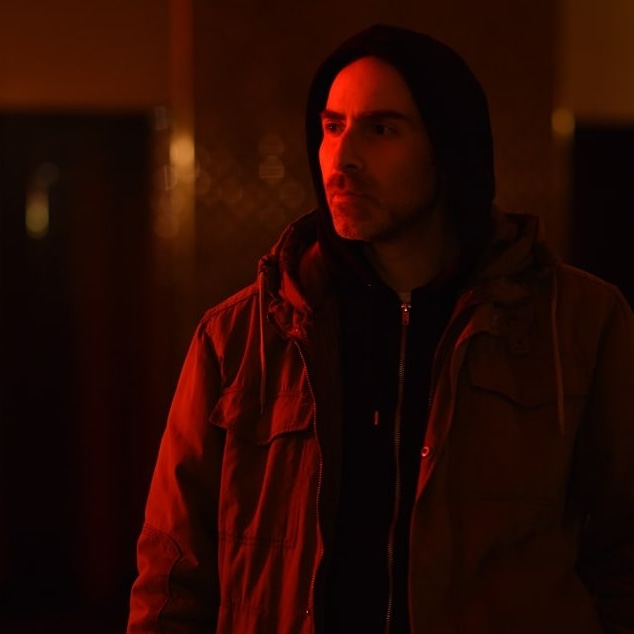
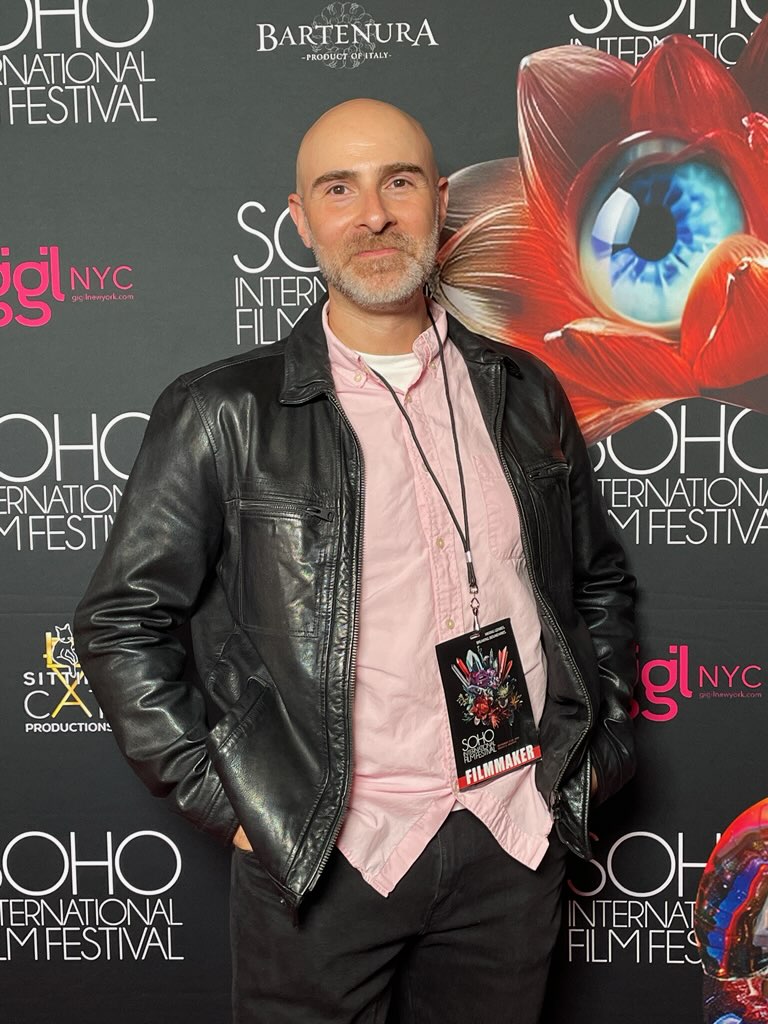
Can you share a story from your journey that illustrates your resilience?
For me, life is about resilience. Perhaps I have that outlook because much of my early life was met with a great deal of pain. I developed Crohn’s disease at the age of 19. At the time, the options for treating the condition were limited. So, for most of my twenties, I learned to grin and bear it.
My first feature was called “Elliot Loves.” During the making of the film, I experienced a severe Crohn’s attack. Typically, I was in pain every day from Crohn’s. The pain would generally be around a 6 or 7 on a scale of 1 to 10. So I learned to function and ignore that level of pain. A good day was a 2 or 3. Those were rare. And at least once a year, I’d have such a bad attack that the pain would get to about 9 or 10. And at that point, I typically have to go to the ER because my ilium would be so inflamed that food could not pass through, and I would develop a dangerous infection, with fevers that would reach over 105.
This flare-up occurred while I was in the midst of production. I managed to get through the day’s shoot, but things took a turn for the worse over the evening. I’m throwing up, can’t hold anything down, in unbearable pain, and my fever goes over 105. So I get rushed to the hospital. But I have to shoot the next morning. Doctors treat me with antibiotics. I ask when I could leave, and they say not for a couple of days. I started calling friends and colleagues to see if I could find another cinematographer to cover me for the day, but with such short notice, I couldn’t find anyone. So I explained to my doctors that I have a shoot the next day and will need to leave. My doctor advised me that I must stay. I said, ‘Load me up with everything you’ve got, because I’m checking out right now.’ I left the hospital around 4 am and went straight to the set.
I was so sick that I literally had to DP the shoot while lying down on a bench in the restaurant we were shooting at. I am so thankful for my camera and grip team that day. Thanks to all of them, we got through the shoot.
In retrospect, I am not suggesting that anyone should put their lives at risk to make a film. However, this was a very low-budget film. Losing a day would have been detrimental to the project. And I felt a sense of duty and responsibility to my fellow teammates and the project. I’m glad we got through the shoot without me hurting myself further. However, having to concentrate and work through the pain is, to me, what I consider an example of resilience.
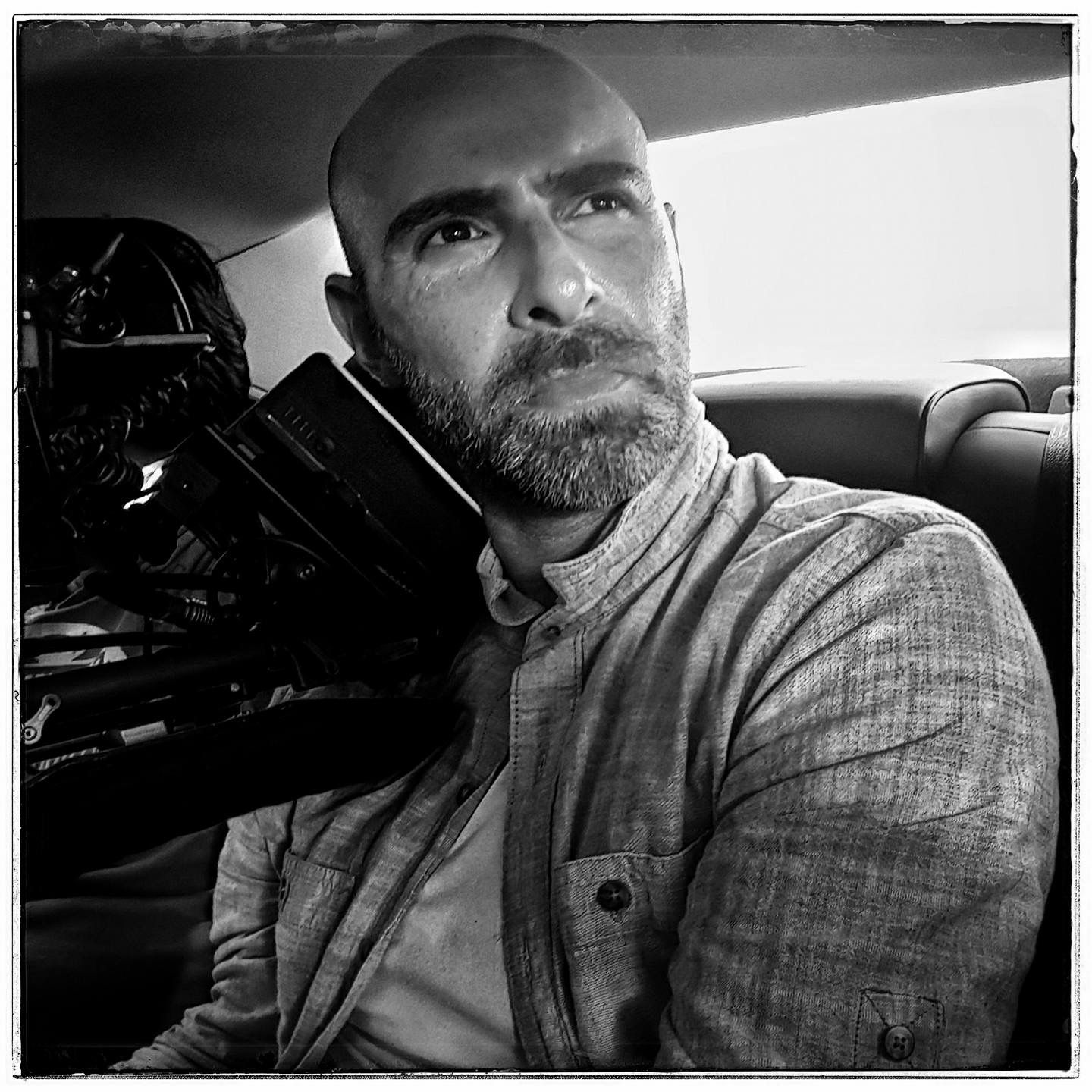

For you, what’s the most rewarding aspect of being a creative?
First of all, I’m not even sure I like to consider myself an artist. So let’s say creative.
When I am working on a project I care about, enjoy, and am passionate about, it never feels like work. It doesn’t matter if my day is 12 or 14 hours. When I am working on a film, I am truly happy.
Contact Info:
- Website: www.sarovarjabedian.com; www.sarodp.com; www.anagnosticapproach.com
- Instagram: @sarovarjabedian @TimandRobot @coffeematchasoul
- Facebook: @sarovarjabedian
- Linkedin: Saro Varjabedian
- Youtube: @coffeematchasoul
- Other: https://books2read.com/TimandRobot
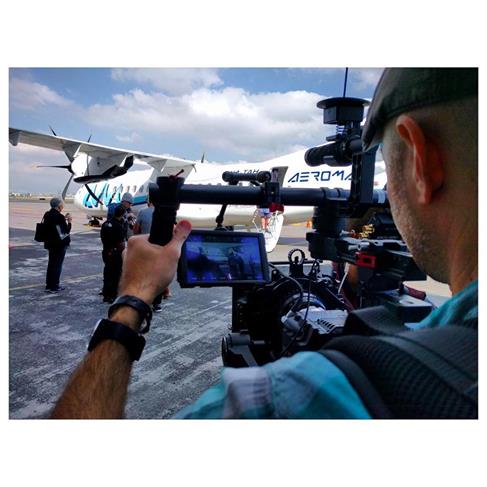
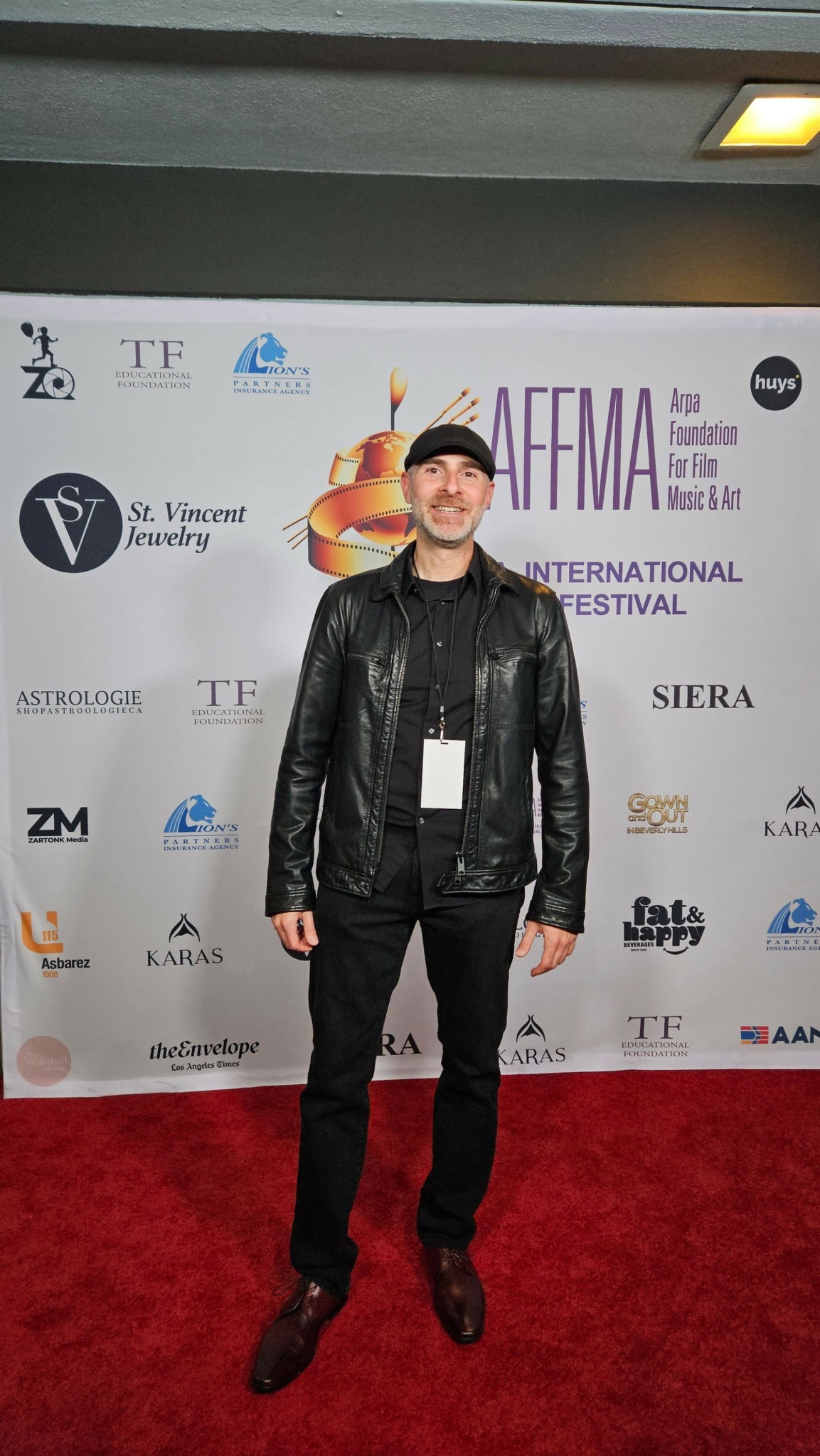
Image Credits
Personal photo courtesy of Manahi Taber-Kewene


